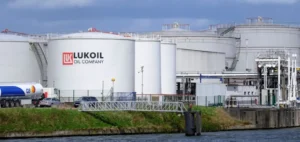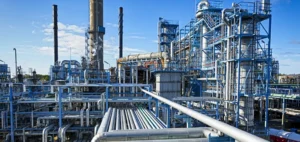The State of California approved just three new oil drilling permits in the first quarter of 2025, according to a joint analysis by Consumer Watchdog and FracTracker Alliance released on May 8. While this figure is up from zero during the same period in 2024, it remains 99.6% below 2019 levels. This sharp drop stems from California’s policy focus on reducing greenhouse gas emissions and strengthening health protections in residential areas.
Kern County prepares for mass permit return
Despite this trend, Kern County, California’s primary oil-producing region, is preparing to issue thousands of permits using a single environmental review document. This approach, already overturned by the California Court of Appeal in 2020 and 2024 due to insufficient assessments of air quality, noise, water impacts, and farmland effects, is now scheduled for review by the county’s Planning Commission in June and by the Board of Supervisors later this summer.
California has progressively moved away from rubber-stamping new well approvals over the past two years. However, Kyle Ferrar, Western Regional Director at FracTracker Alliance, stated that “even if the county proceeds, the state must not greenlight permits without proper evaluation under the California Environmental Quality Act (CEQA).”
CO₂ pipelines under legislative spotlight
At the same time, two bills under review in the California legislature—CA AB 881 and CA SB 614—seek to lift the state’s moratorium on carbon dioxide pipelines. These infrastructures are central to carbon capture and storage (CCS) projects, which involve extracting industrial CO₂ emissions and storing them underground. Although supported by several industry groups, these technologies face scrutiny over their safety and effectiveness.
Liza Tucker, analyst at Consumer Watchdog, referenced a 2021 pipeline rupture in Mississippi that hospitalised dozens. She stated that “these unproven technologies increase emissions, pollution, and energy costs.” She urged that the moratorium remain in place until federal safety standards are revised and California implements its own regulations tailored to state-specific conditions.
Lobbying expenditures on the rise
Chevron, California Resources Corp (CRC), and the Western States Petroleum Association (WSPA) are actively backing the pipeline legislation, according to documents filed with the Secretary of State. Chevron spent $3.7mn on lobbying in the first quarter, CRC $208,000, and WSPA $3.4mn.
Since 2019, Governor Gavin Newsom’s administration has approved 17,677 drilling and well rework permits. While the approval rate has slowed, watchdog groups warn that emissions could rise again if regulatory workarounds like Kern County’s plan or CO₂ pipeline legislation are allowed to proceed.
Enhanced oil recovery techniques surge
Alongside the new drilling activity, permits to rework or reactivate existing wells using enhanced oil recovery methods—such as steam injection—have increased significantly. These permits more than tripled in Q1 2025 compared to the same period in 2024, reaching 143 approvals versus 32 the previous year.
Total rework permits rose from 99 to 197, marking a 99% increase, while well abandonment authorisations dropped 32%, from 1,299 to 880. These figures indicate a shift toward more intensive recovery methods within a regulatory environment that remains under review.






















